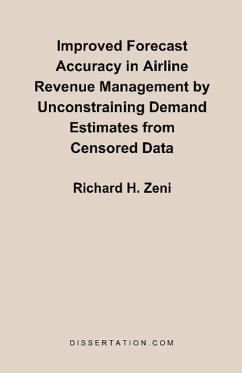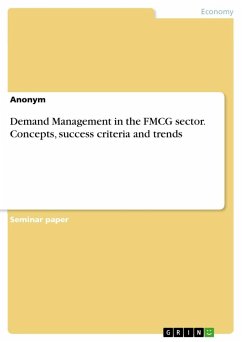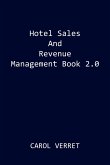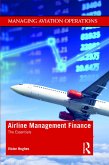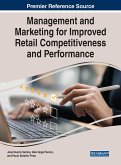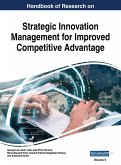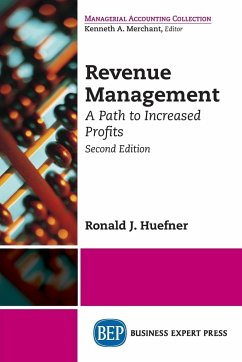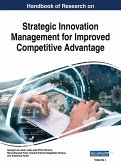Accurate forecasts are crucial to a revenue management system. Poor estimates of demand lead to inadequate inventory controls and sub-optimal revenue performance. Forecasting for airline revenue management systems is inherently difficult. Competitive actions, seasonal factors, the economic environment, and constant fare changes are a few of the hurdles that must be overcome. In addition, the fact that most of the historical demand data is censored further complicates the problem. This dissertation examines the challenge of forecasting for an airline revenue management system in the presence of censored demand data. This dissertation analyzed the improvement in forecast accuracy that results from estimating demand by unconstraining the censored data. Little research has been done on unconstraining censored data for revenue management systems. Airlines tend to either ignore the problem or use very simple ad hoc methods to deal with it. A literature review explores the current methods for unconstraining censored data. Also, practices borrowed from areas outside of revenue management are adapted to this application. For example, the Expectation-Maximization (EM) and other imputation methods were investigated. These methods are evaluated and tested using simulation and actual airline data. An extension to the EM algorithm that results in a 41% improvement in forecast accuracy is presented.
Hinweis: Dieser Artikel kann nur an eine deutsche Lieferadresse ausgeliefert werden.
Hinweis: Dieser Artikel kann nur an eine deutsche Lieferadresse ausgeliefert werden.

